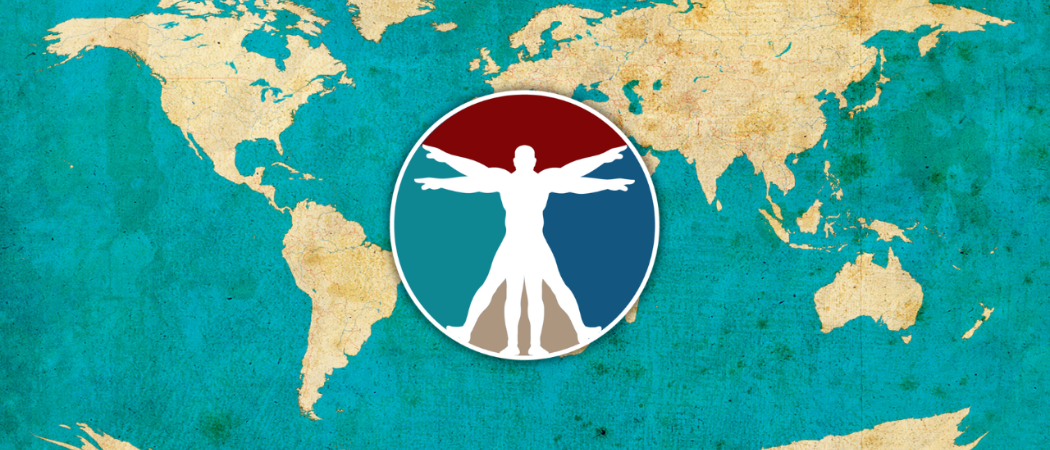Franco-Canadian GPAI and OECD announce ‘integrated partnership’. But news highlights difficulties in reaching global consensus on AI

Logo of OECD’s AI Policy Unit, involved in new global AI deal. Source: OECD
Two high-profile efforts to develop global AI standards announced plans to merge, in part to include more developing countries in the international AI debate.
Government ministers from several countries meeting in India 3 July said they plan “an integrated partnership” between the Global Partnership on Artificial Intelligence, and the ongoing AI work of the Organisation for Economic Cooperation and Development. The combined effort will involve 44 countries – but will also now seek additional members “with a particular focus on low and middle-income countries.”
For GPAI, the news is an unexpected outcome of a hyper-ambitious attempt in 2019 by French President Emmanuel Macron and Canadian Prime Minister Justin Trudeau to push for a global consensus on how AI should be developed and regulated. It got weak support from the US and little involvement by China, the two main sources of AI technology to date.
But OECD officials called the change a step forward. “It’s a way to reinforce” the global AI policy effort, said Audrey Plonk, deputy director at the OECD’s science and technology directorate.
It gives the AI policy effort “an institutional home” in Paris with the OECD, she said. And the resultant administrative efficiencies should also lower the cost for developing countries to join – a key objective, given the impact AI will have on their societies. The reorganisation “has been structured in a way so that’s it’s to be accessible to the developing world.” She added that “Africa is a focus” for new members.
The Paris-based OECD was already acting as secretariat for GPAI while separately coordinating its own AI policy work with its 38 member countries, which include the US, Canada and France. Merging the two initiatives adds six more countries that were GPAI members only: India, Serbia, Argentina, Brazil, Singapore and Senegal. Officials didn’t comment on the possibility of China joining. But the announcement said the existing members can invite other countries “by consensus” – implying that while a candidate member doesn’t have to be endorsed by all members at once, it could still be blocked by an individual country vetoing it.
Towards a global AI policy?
The reorganisation is the latest twist in an increasingly tortuous process of seeking any kind of international consensus on AI.
As most AI tech on the market today is from American companies, Washington has been reluctant to do anything that might weaken its commercial lead – while at the same time the European Union, with its own substantial R&D efforts but as-yet limited commercial impact, was the first in the world to enact a broad law regulating AI. Other countries, from India to China, have been following their own policy agendas. The OECD’s AI policy unit has been developing several documents on broad principles of AI development – such as the importance of maintaining individual privacy and security. But the prospect of any binding international agreement is remote.
That situation frustrates many AI experts. “There has to be international coordination” on AI, said Marija Slavkovik, professor and head of the Department of Information Science and Media Studies at the University of Bergen, Norway. The Internet already crosses borders, but “with AI, it’s worse. Everything is so distributed” – from servers to data to phones. Further, she said, “it involves private businesses, and it unravels so much about people’s rights.” She described a recent visit to China in which she was admitted on the plane by facial recognition software, rather than a conventional boarding pass.
The announcement came at a meeting of GPAI ministers in India 3 July. And it followed a private meeting between Macron and Trudeau about GPAI in the margins of last month’s G7 summit in Italy, which had followed several months of discussions among GPAI and OECD members about the future of GPAI. Immediately after the new “partnership” announcement 3 July, the official GPAI website posted a notice that it “will no longer be updated” and referred visitors to the OECD’s site. That site listed among the reasons for the merger a desire to “promote more efficient processes, reducing costs and duplication.”
Hitherto, the OECD in Paris had been running separate secretariats, for its own AI work and for GPAI. The reorganization converts GPAI into just another programme at the OECD, but one allowing non-OECD members to weigh on policy decisions. It also combines staff and expert committees. It will maintain work with three GPAI policy research centres in Montreal, Paris and Tokyo – but their roles will continue to be funded and decided by their own governments, OECD officials said.





 A unique international forum for public research organisations and companies to connect their external engagement with strategic interests around their R&D system.
A unique international forum for public research organisations and companies to connect their external engagement with strategic interests around their R&D system.